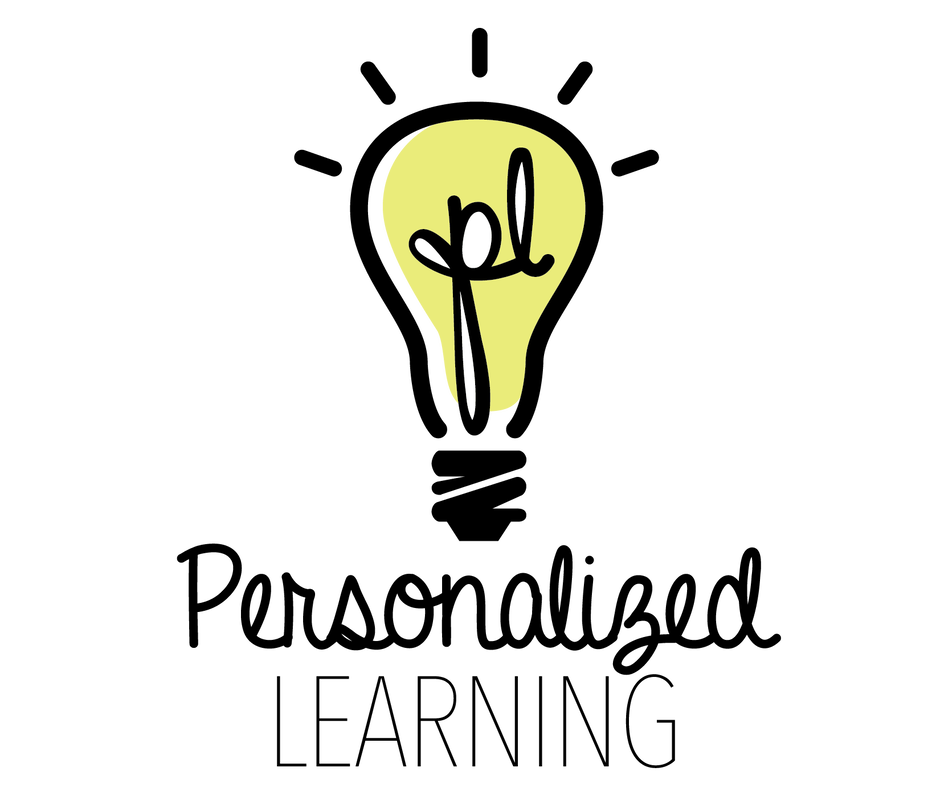Look-fors by indicator to be used during a campus visit
Not PL Ready/ PL Ready |
Consistent Practice/ Personalized |
|
Portrait of a Graduate |
|
|
Learner Profile + Digital Portfolio |
|
|
Students as Self-Directed Learners |
|
|
Students as Digital Citizens |
|
|

